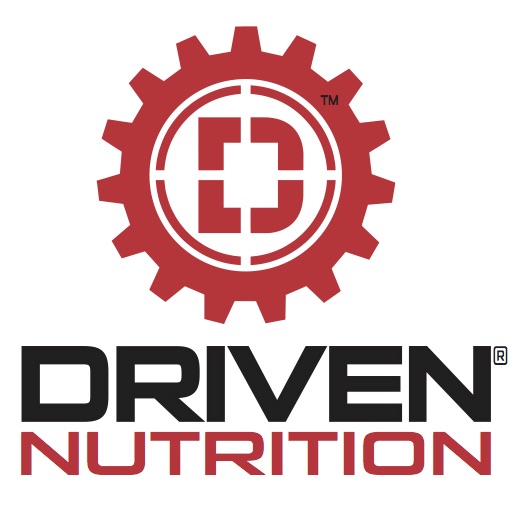How to Boost Your Immune System for Optimal Health
In our ongoing quest for well-being, understanding the pivotal role of the immune system is paramount. This blog aims to enlighten you about simple yet potent strategies to not only support but enhance your immune function. We’ll explore the crucial role of nutrition, delve into immune-boosting foods and supplements, discuss lifestyle habits for a robust immune system, and unravel the interconnected dynamics of sleep, stress, and immune function.
The Crucial Role of Nutrition in Immune Health
Immune-Boosting Nutrients
Vitamin C for White Blood Cell Production Citrus fruits, strawberries, bell peppers, and broccoli are rich sources of Vitamin C. This essential nutrient stimulates the production of white blood cells, crucial for combating infections.
Vitamin D for Immune Regulation Fatty fish like salmon, mackerel, fortified dairy, and exposure to sunlight provide natural sources of Vitamin D. Essentially, this vitamin regulates the immune response and is associated with a reduced risk of respiratory infections.
Zinc for Immune Cell Development Lean meats, legumes, nuts, and seeds are indispensable sources of zinc. This mineral supports the development and functionality of immune cells, aids in wound healing, and contributes to antibody production.
Antioxidants for Cellular Protection Colorful fruits and vegetables are rich in antioxidants, safeguarding immune cells against damage caused by free radicals and oxidative stress. A diverse range ensures a wide array of antioxidants, enhancing immune function.
The Importance of a Well-Rounded Diet
A balanced diet, encompassing macronutrients like protein, is crucial for overall immune health. Protein, specifically, provides the building blocks for immune cells and antibodies.
Key Takeaway: A healthy immune system stems from a well-rounded diet rich in immune-boosting elements.
Foods and Supplements to Boost Immune Function
Immune-Boosting Foods
Citrus Fruits Oranges, grapefruits, and lemons are not just delicious; they’re packed with Vitamin C, a powerful immune stimulant.
Berries Blueberries, strawberries, and raspberries offer a bounty of antioxidants, providing robust protection to immune cells.
Dark Leafy Greens Spinach and kale are nutritional powerhouses, providing a rich supply of vitamins A, C, and E.
Herbs, Spices, and Supplements
Garlic This kitchen staple goes beyond flavor. It contains sulfur compounds with antimicrobial and immune-enhancing effects.
Turmeric The active component, curcumin, in turmeric exhibits potent anti-inflammatory and antioxidant properties, supporting overall immune health.
Probiotics Found in yogurt, sauerkraut, and kimchi, probiotics contribute to a healthy immune system by promoting a balanced gut microbiome.
Supplements Vitamin D and Omega-3 fatty acids, available in supplement form, can be beneficial when dietary intake is insufficient.
Key Takeaway: Incorporating immune-boosting foods and supplements into your diet provides additional support for a resilient immune system.
Lifestyle Habits to Support a Strong Immune System
Exercise and Hydration
Regular Exercise Beyond physical fitness, regular exercise improves blood circulation, reduces inflammation, and aids in stress management, all contributing to a robust immune system.
Adequate Hydration Water is essential for immune cell function and overall well-being. Staying well-hydrated supports efficient nutrient transport and waste elimination, crucial for optimal immune function.
Weight Management and Hygiene
Maintaining a Healthy Weight Achieving and sustaining a healthy weight is integral to optimal immune health. Obesity has been linked to impaired immune function, making weight management a key consideration.
Good Hygiene Practices Practicing regular handwashing, proper coughing and sneezing etiquette, and avoiding close contact with sick individuals reduce the risk of infections.
Stress Management
Effective Stress Management Meditation, deep breathing exercises, and engaging in activities that promote well-being are crucial for effective stress management. Chronic stress weakens the immune system, making stress reduction essential.
Key Takeaway: Prioritize regular exercise, hydration, maintaining a healthy weight, and effective stress management for a resilient immune system.
The Interplay between Sleep, Stress, and Immune Function
Understanding the interconnected dynamics of sleep, stress, and immune function is vital for overall health.
Sufficient Sleep
Essential for Immune Health Quality sleep, in the range of 7-9 hours each night, is essential for immune defenses. During sleep, vital restorative processes strengthen the immune system.
Stress and Immune Function
Detrimental Effects Chronic stress can have detrimental effects on immune function. Stress hormones like cortisol, when elevated for extended periods, can suppress immune activity.
The Interwoven Relationship
Break the Cycle Prioritizing quality sleep and effective stress management is essential to break the cycle where inadequate sleep contributes to stress and increased stress disrupts sleep, compromising immune function.
Key Takeaway: A well-rested body and effective stress management are vital for a healthy immune system.
Conclusion
While there’s no foolproof way to guarantee immunity, practical tips can support and strengthen your immune system. Consistently incorporating these strategies into your lifestyle is key to maintaining optimal health and well-being.
Remember, a healthy immune system is a result of a long-term commitment to consistent healthy habits. If you found this information helpful, please subscribe to my Blog, so you get updated on all future posts.












